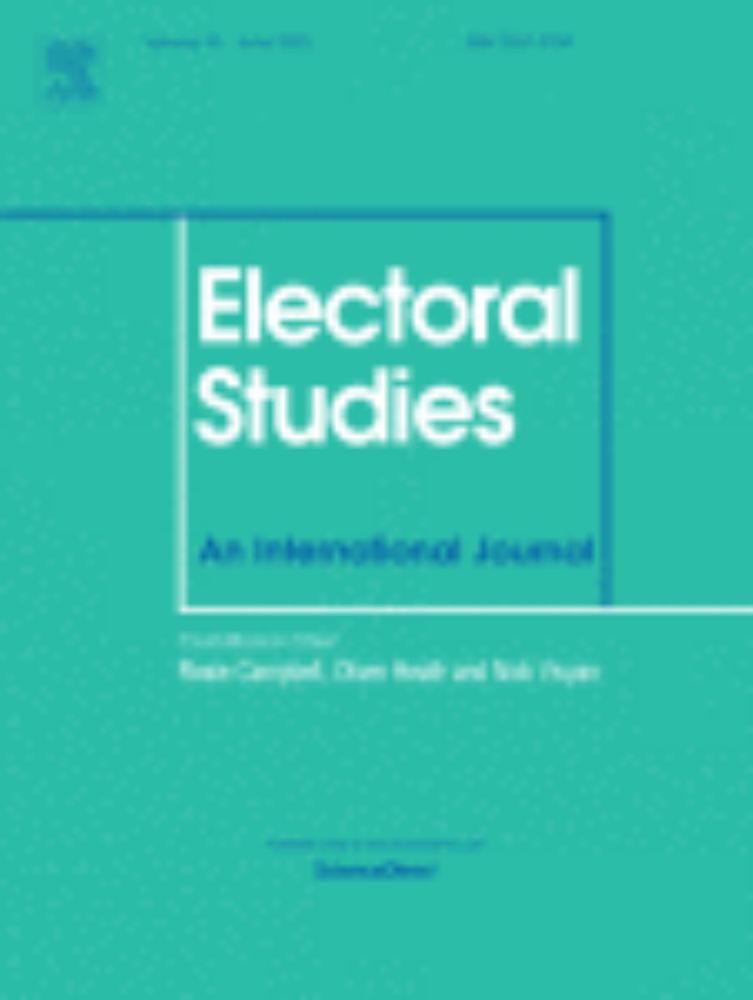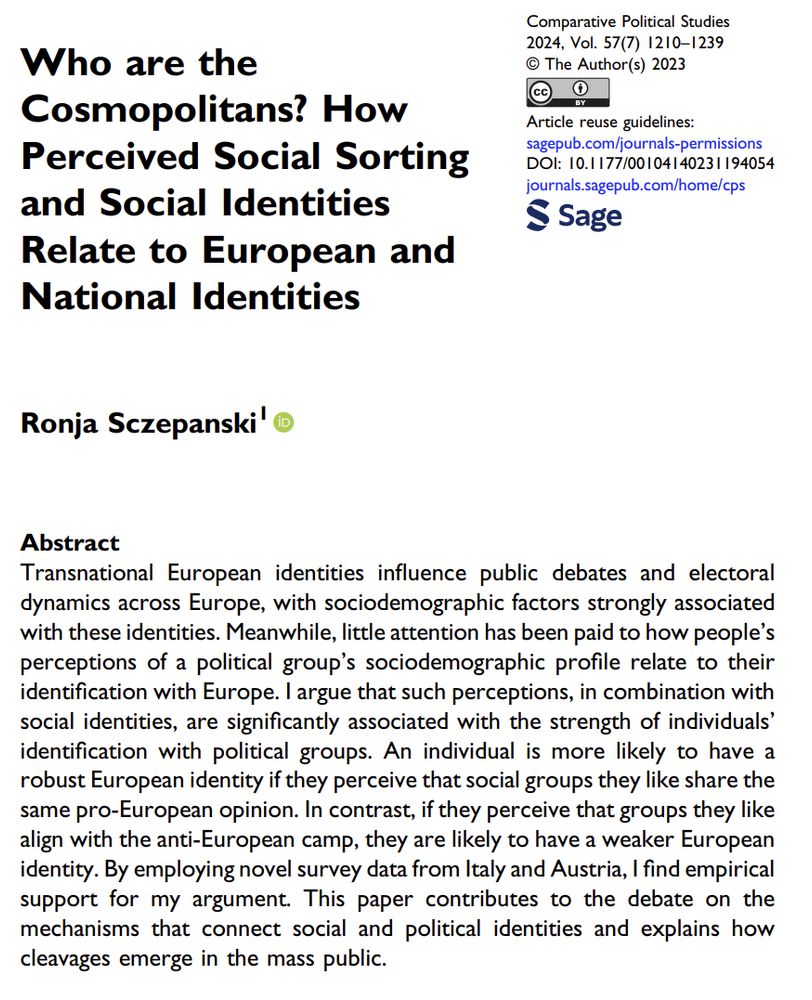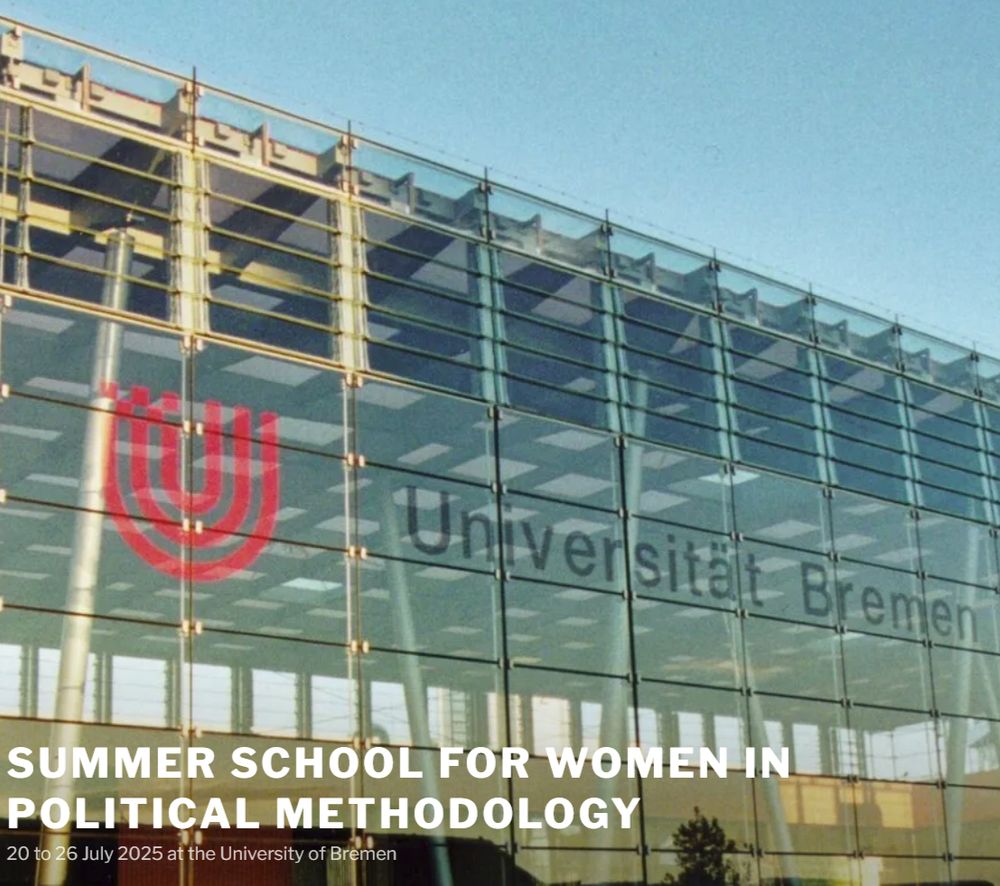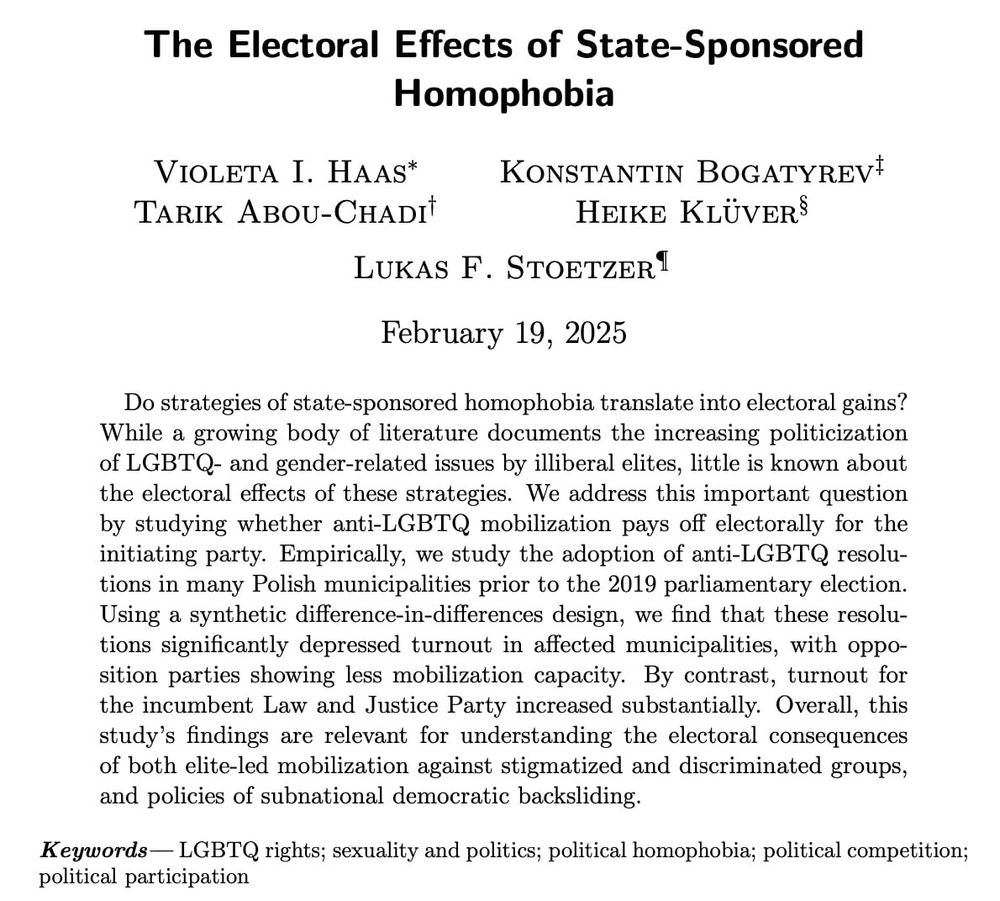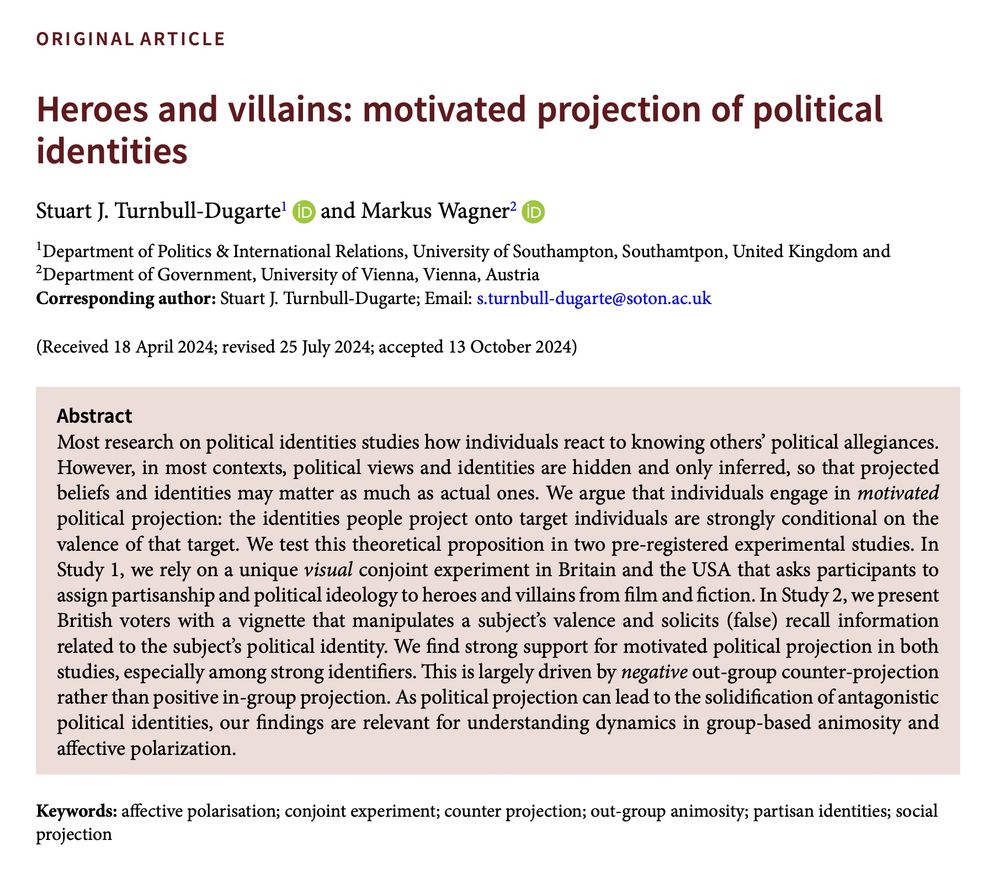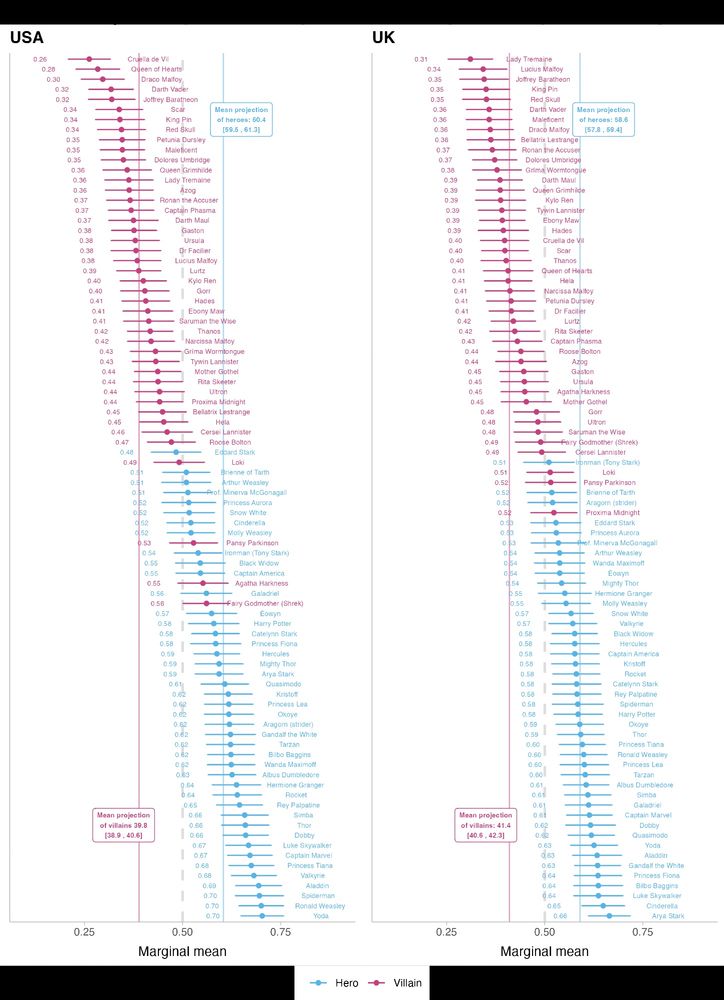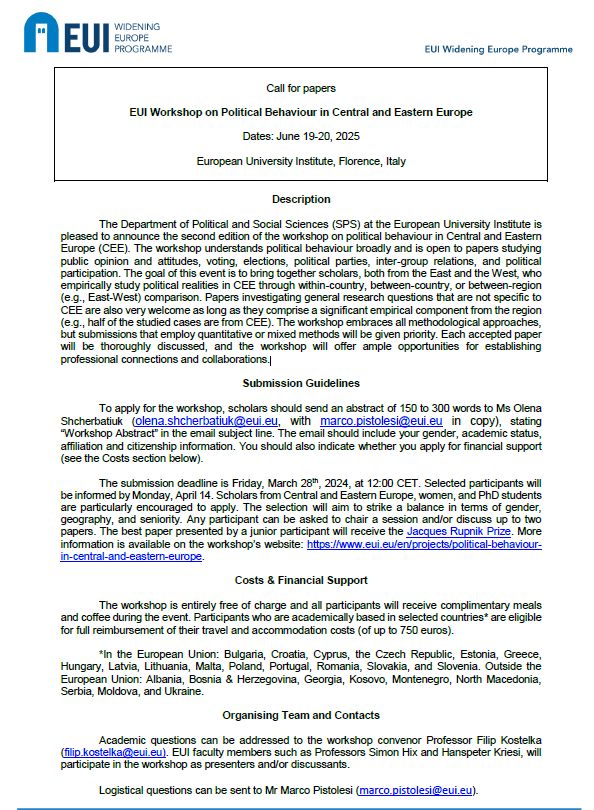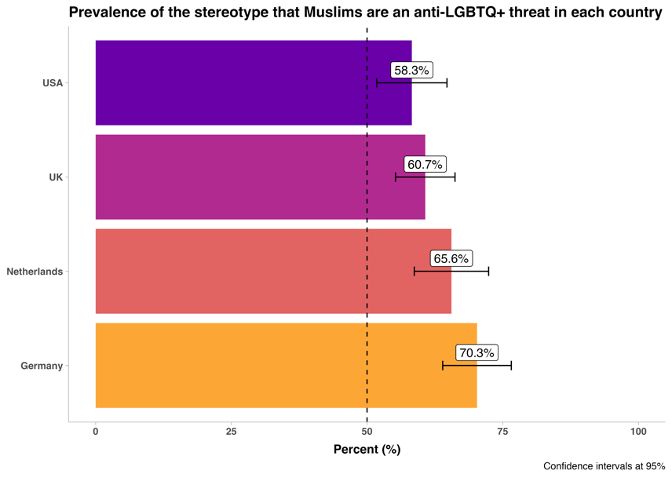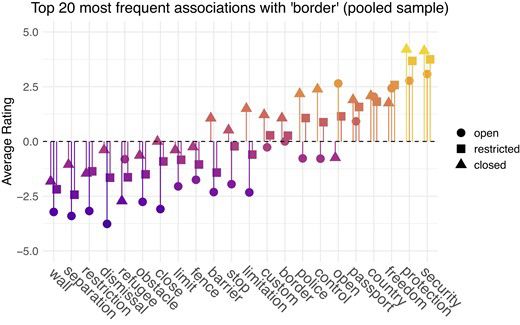Ronja Sczepanski
@ronjasczepanski.bsky.social
3.4K followers
1.1K following
36 posts
Assistent Professor for European Politics at Sciences Po Paris I European and National Identity, Stereotypes l Experiments, NLP, etc.
https://sites.google.com/view/ronja-sczepanski/
Posts
Media
Videos
Starter Packs
Reposted by Ronja Sczepanski
Reposted by Ronja Sczepanski
Reposted by Ronja Sczepanski
Reposted by Ronja Sczepanski
EPSS
@epssnet.bsky.social
· Aug 7
Reposted by Ronja Sczepanski
Reposted by Ronja Sczepanski
Reposted by Ronja Sczepanski
Reposted by Ronja Sczepanski
Reposted by Ronja Sczepanski
Daniel Devine
@danjdevine.bsky.social
· Mar 18

Research Fellow in Political Process Preferences in Europe (PoPPiE) at University of Southampton
Looking for a new job opportunity in academia? Check out this job opening for a Research Fellow in Political Process Preferences in Europe (PoPPiE) on jobs.ac.uk!
www.jobs.ac.uk
Reposted by Ronja Sczepanski
Reposted by Ronja Sczepanski
Reposted by Ronja Sczepanski
Reposted by Ronja Sczepanski





